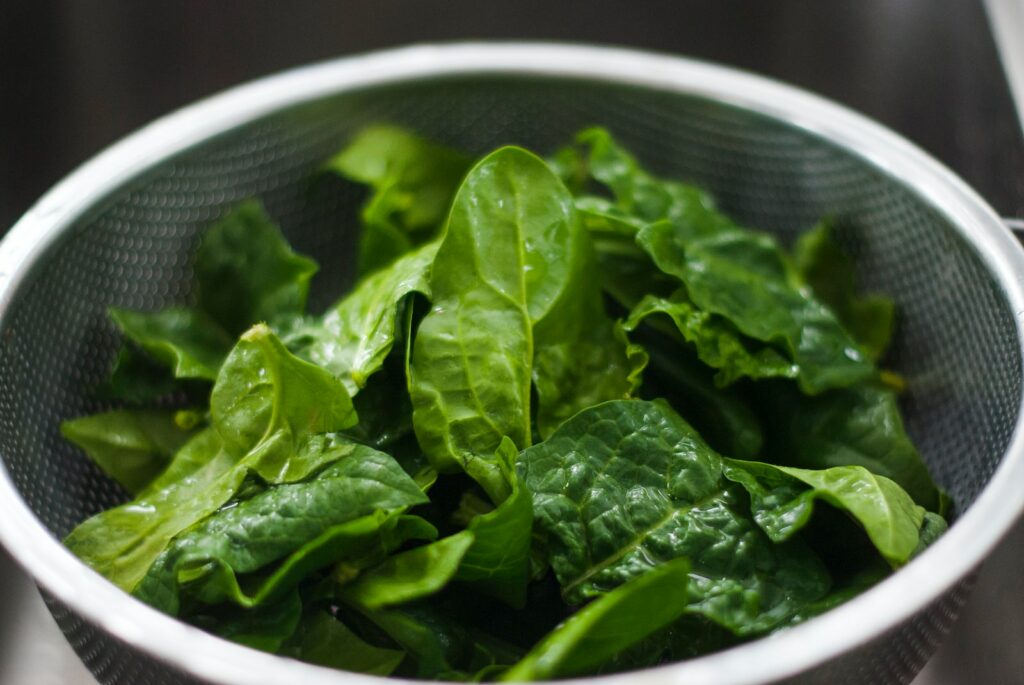
Tomatoes are a popular vegetable, grown and loved around the world. They are a staple of the Kiwi diet, and for good reason. Not only are they versatile and delicious, but they are also packed with vitamins and powerful antioxidants that can help keep you healthy.
Most notably, tomatoes are high in a beneficial substance called lycopene. Lycopene is a powerful antioxidant that can help reduce your risk for certain diseases, like cancer and heart disease. In this article, we will explore the benefits of lycopene, as well as how to incorporate tomatoes into your diet to get the most out of this disease-fighting vegetable.
What is Lycopene?
Lycopene is a naturally occurring carotenoid, or pigment, found in fruits and vegetables, especially tomatoes. It is responsible for giving tomatoes their red color and is known for its powerful antioxidant properties.
Studies have shown that lycopene can reduce the risk of some cancers, including prostate and breast cancer. It can also help reduce the risk of heart disease and stroke, and may help improve cognitive function.
Health Benefits of Lycopene
Lycopene has been linked to a number of health benefits, including:
- Reducing the risk of some cancers – studies have suggested that lycopene can help reduce the risk of certain types of cancers, such as prostate and breast cancer.
- Reducing the risk of heart disease and stroke – lycopene can help reduce bad cholesterol and may improve artery health, reducing the risk of heart attacks and stroke.
- Improving cognitive function – lycopene may help improve memory, focus and concentration.
Lycopene can also help improve your skin health, reduce inflammation, and boost your immune system.
How to Eat Tomatoes for Maximum Benefit
Tomatoes are a great source of lycopene, but there are a few things to keep in mind when incorporating them into your diet.
- Opt for cooked tomatoes – when you cook tomatoes, the lycopene becomes more easily available for your body to absorb. Try roasting, baking, or sautéing your tomatoes for the most benefit.
- Combine with healthy fats – lycopene is fat-soluble, so it’s best to combine your tomatoes with healthy fats like olive oil, which will help your body absorb more lycopene.
Tomatoes also go well in salads, sauces, stews, and soups. Try adding roasted cherry tomatoes to salads, adding slices of tomato to sandwiches, and making pureed tomato soup with a drizzle of olive oil.
Conclusion
Tomatoes are an incredibly nutritious vegetable, packed with vitamins and powerful antioxidants like lycopene. Lycopene can help reduce the risk of some cancers, heart disease, and stroke, and can also improve cognitive function. To get the most from lycopene, it’s best to cook your tomatoes and combine them with healthy fats. Try adding tomatoes to salads, sandwiches, soups, and other dishes for a delicious and nutritious way to fight disease.


